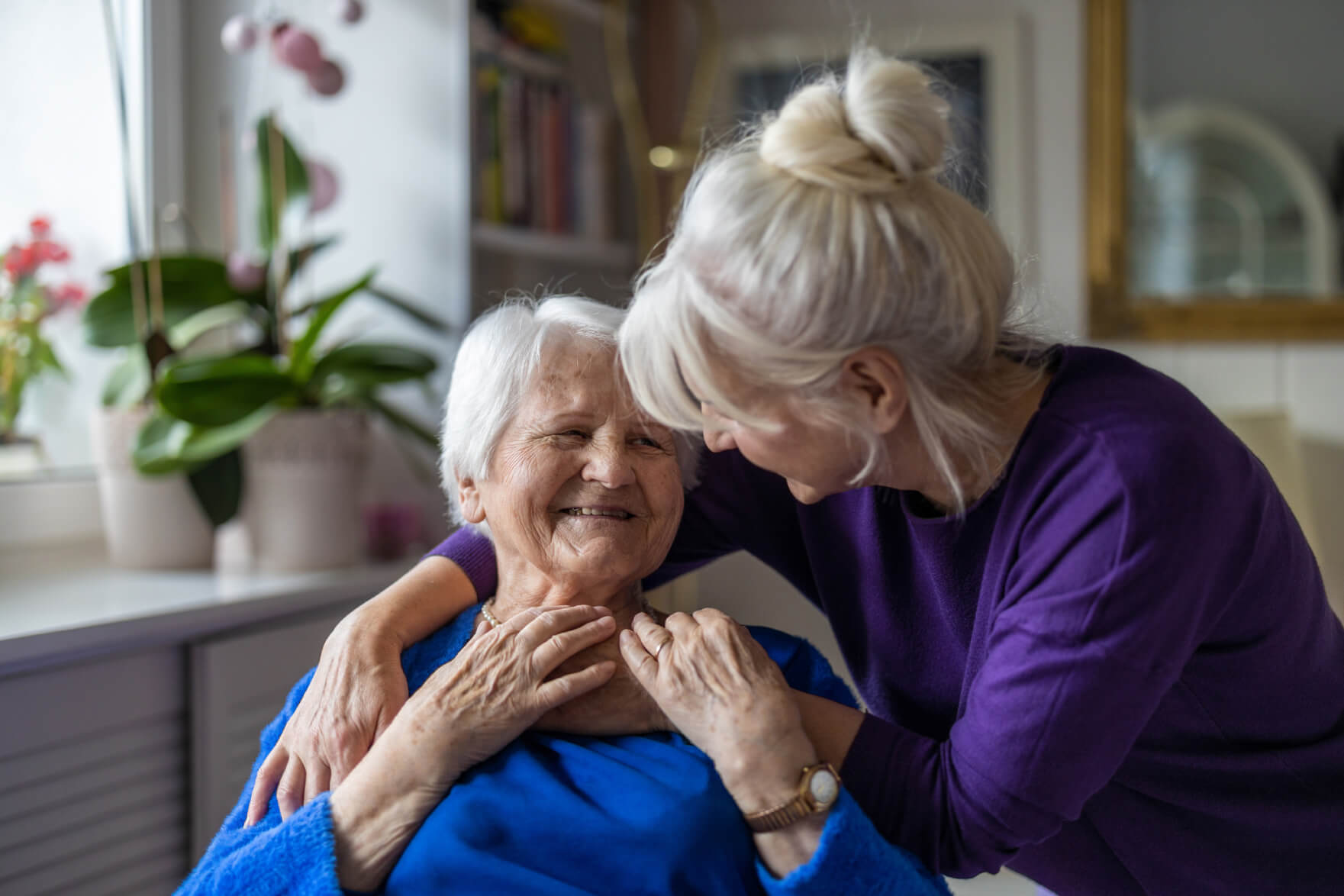The journey of aging unfolds gradually, and often quietly. Your parent might still assure you that “everything’s fine,” but you may be noticing small yet telling signs that suggest otherwise. These aren’t always dramatic moments—they’re often the everyday clues that signal it may be time to explore the comfort and peace of mind that a senior living community can offer.
Below are key patterns to watch for—signs that your loved one may benefit from a more supportive, connected lifestyle:
1. Home Upkeep Becomes a Struggle
Are the laundry piles growing? Is the trash not taken out, or the lawn beginning to look neglected? When basic home tasks become increasingly difficult or are put off altogether, it may indicate that daily responsibilities are becoming too much. Senior living communities relieve that burden by taking care of chores and repairs, allowing residents to relax and enjoy their surroundings.
2. Changes in Appearance or Daily Routines
If you’ve noticed that your parent is wearing the same clothes repeatedly or seems to be skipping basic grooming, it could be a sign that getting ready each day has become too tiring or confusing. Communities that provide assisted living neighborhoods can help individuals look and feel their best without stress.
3. Erratic Eating Habits or Spoiled Food
Opening the fridge to find expired items, empty shelves, or uneaten meals can be cause for concern. Your loved one may be forgetting to eat, avoiding the grocery store, or lacking the energy to prepare meals. In an assisted living or memory care community, three delicious, nutritious meals are served daily—no cooking or cleanup required.
4. Withdrawing from Social Life
If your parent seems disconnected—skipping club meetings, avoiding calls from friends, or spending most days alone—they may be experiencing loneliness. Social isolation can negatively impact mental and physical health. In a community setting, residents naturally build friendships and enjoy a range of group events, meals, and activities.
5. Trouble Getting Around Safely
Have you noticed a slower gait, bruises, or reluctance to walk unassisted? Difficulty with stairs or frequent stumbles can put your loved one at serious risk. Senior living environments are designed with accessibility and safety in mind, offering features that prevent falls and encourage mobility with confidence.
6. Increasing Forgetfulness
Is your parent forgetting to take medications, losing or misplacing things, or missing scheduled appointments – these issues may be an early sign of cognitive decline. While some forgetfulness is normal as one ages, ongoing memory issues may be an indication of dementia or Alzheimer’s. Many senior living communities, like Presidential Place provide memory care or structured assistance to help residents maintain their independence safely.
7. Paperwork Piling Up or Missed Tasks
Unpaid bills, missed appointments, and a growing pile of unopened mail may indicate mental fatigue or difficulty managing responsibilities. A community lifestyle simplifies life, often including staff support and reminders that help residents stay organized and stress-free.
8. Feeling Overwhelmed as a Caregiver
If you or a family member are providing regular help and it’s beginning to feel emotionally or physically draining, it’s important to acknowledge that you may also need support. Senior living helps shift the day-to-day caregiving to a professional team so your role can return to simply being a loving family member.
Opening the Door to a Better Tomorrow
Noticing these shifts doesn’t mean your parent needs to pack their bags immediately—but they are signs that additional support could improve their well-being and safety. Conversations about senior living should come from a place of compassion, centered around your parent’s values and what will enrich their days.
Senior living is not about giving up control—it’s about gaining freedom, community, and peace of mind.
If you’ve started to observe these patterns, it may be time to explore your options. Tour communities together, talk with current residents, and see what daily life is really like. You may find it’s not just a solution—it’s a new beginning.


